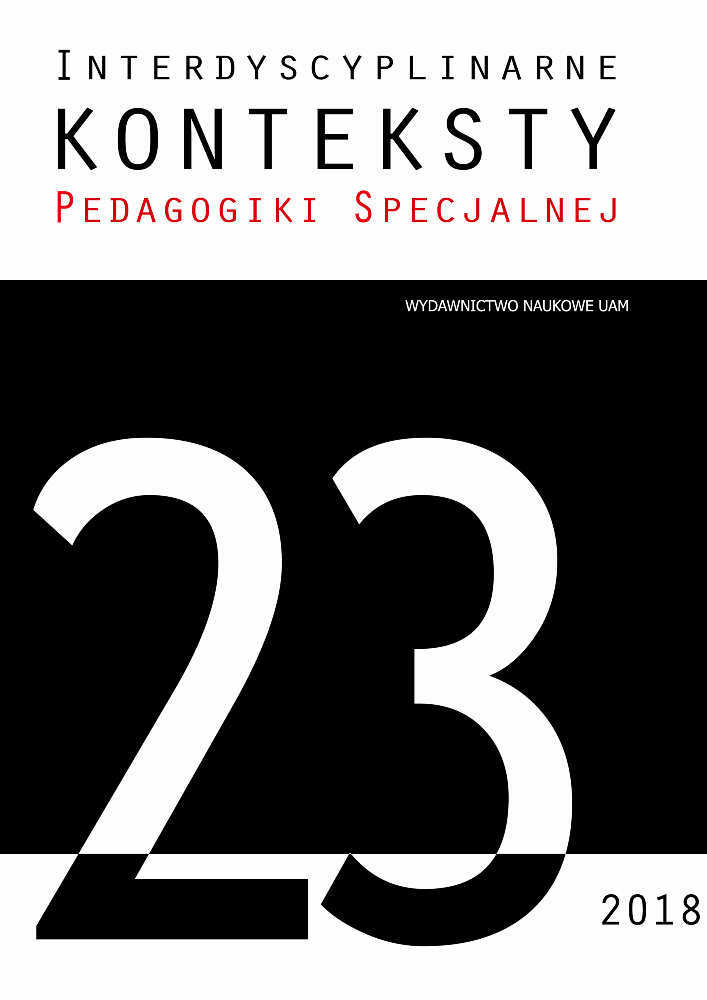Abstract
Marlena Plebańska, Digitisation of Polish Schools Based on the “Polish School in the Digitisation Era. The 2017 Diagnosis” Survey in the Context of the Necessity of Implementing the STEAM Model of Teaching, Interdisciplinary Contexts of Special Pedagogy, No. 23, Poznań 2018. Pp. 53–70. Adam Mickiewicz University Press.ISSN 2300-391X. DOI: https://doi.org/10.14746/ikps.2018.23.03
The author of the paper presents the concept of teaching in the STEAM model in relation to the necessity of building competence of tomorrow among pupils of primary schools and even preschools. The author sets forth the status of digitisation of Polish schools in the light of the most extensive Polish digitisation survey: the 2017 Digital Diagnosis. The author primarily discusses the conclusions from studies pertaining to the status of digitisation of the Polish schools in the context of implementation of the STEAM model as a concept for developing competence of tomorrow. Results of studies conducted in June 2017 among pupils, parents and teachers are presented. The study was prepared and conducted by a team of researchers/academic employees of the Faculty of Education at the University of Warsaw in cooperation with PCG Edukacja under the supervision of the author of this paper. The study encompassed 100,129 respondents from primary schools, middle schools, high schools, technical schools and vocational schools from all provinces in Poland. The full report presenting the study results is available on website: https://www.librus.pl/doradca-dyrektora/informacje-prawne/organizacja-pracy-szkoly/stan-cyfryzacji-polskich-szkol-ku-refleksji-raport-2017/
References
Bednarek J., Multimedia w kształceniu. Warsaw: Wydaw. Naukowe PWN, 2006.
Bednarek-Michalska B., E-learning dla szkół i bibliotek. “Wszystko dla Szkoły”.
Clarke A., e-learning. Nauka na odległość. Warsaw: Wydawnictwa Komunikacji i Łączności, 2007.
Hamblin A., Evaluation and Control of Training. Maidenhead: McGraw-Hill, 1974.
Kwiatkowska I., E-learning i nowe media w polityce Unii Europejskiej. “Edukacja Medialna” 2003 No. 3.
Kwiatkowska I., Wirtualne uniwersytety. Vol. 2. “Edukacja Medialna” 2003 No. 2.
Plebańska M., Charakterystyka nauczania na odległość. W M.P.A. Okońska-Walkowicz, O kompetencjach kluczowych, e-learningu i metodzie projektów, WSiP. Warsaw 2009.
Plebańska M., “E-Learning, Tajniki edukacji na odległość”, CH Beck, 2011.
http://www.pi.gov.pl/PARP/chapter_86199.asp?soid=C8A49387D2884B7B80AA8E3099BE0199
https://sukcespisanyszminka.pl/kompetencje-przyszlosci/
M. Plebanska, “Meritum”4/2018
